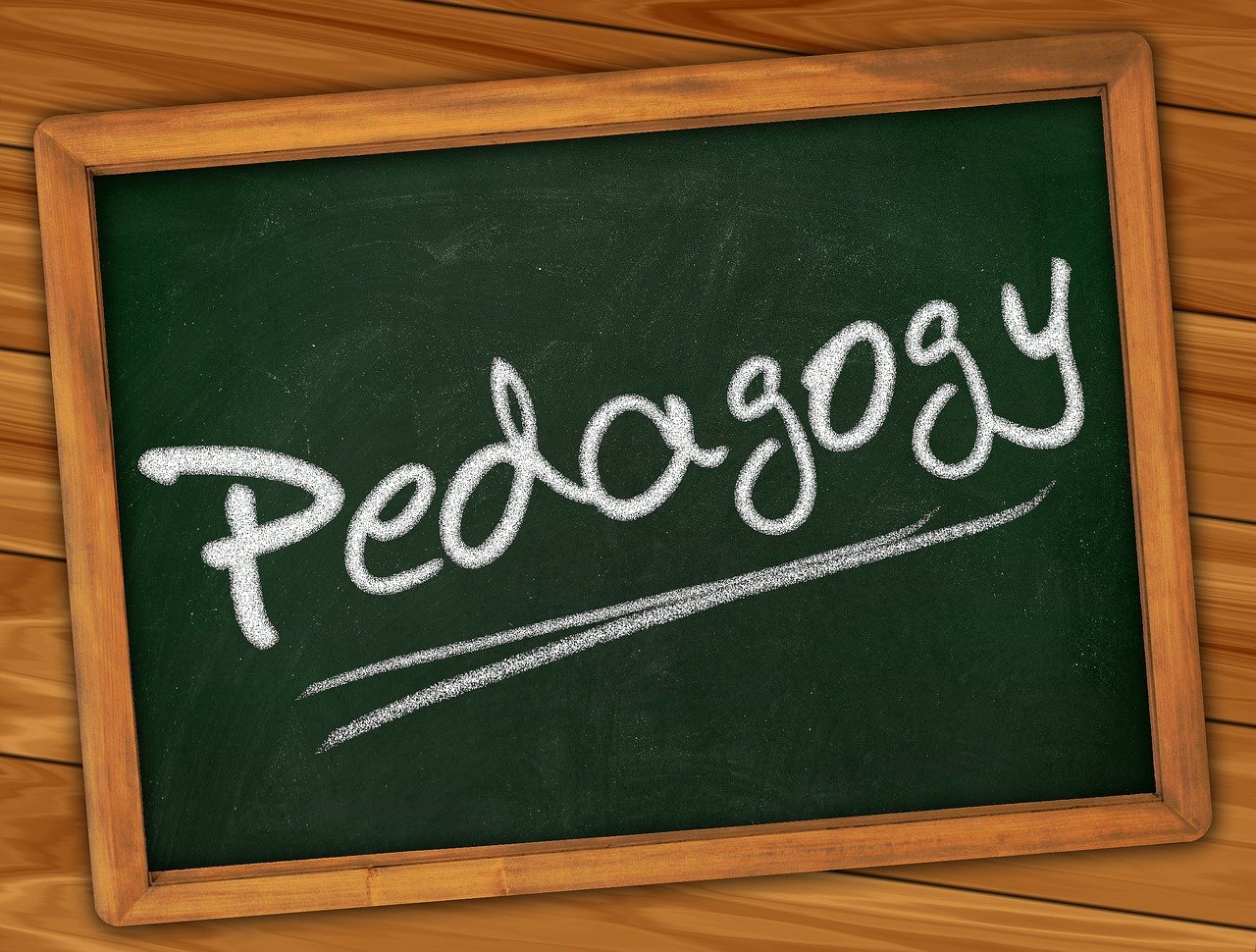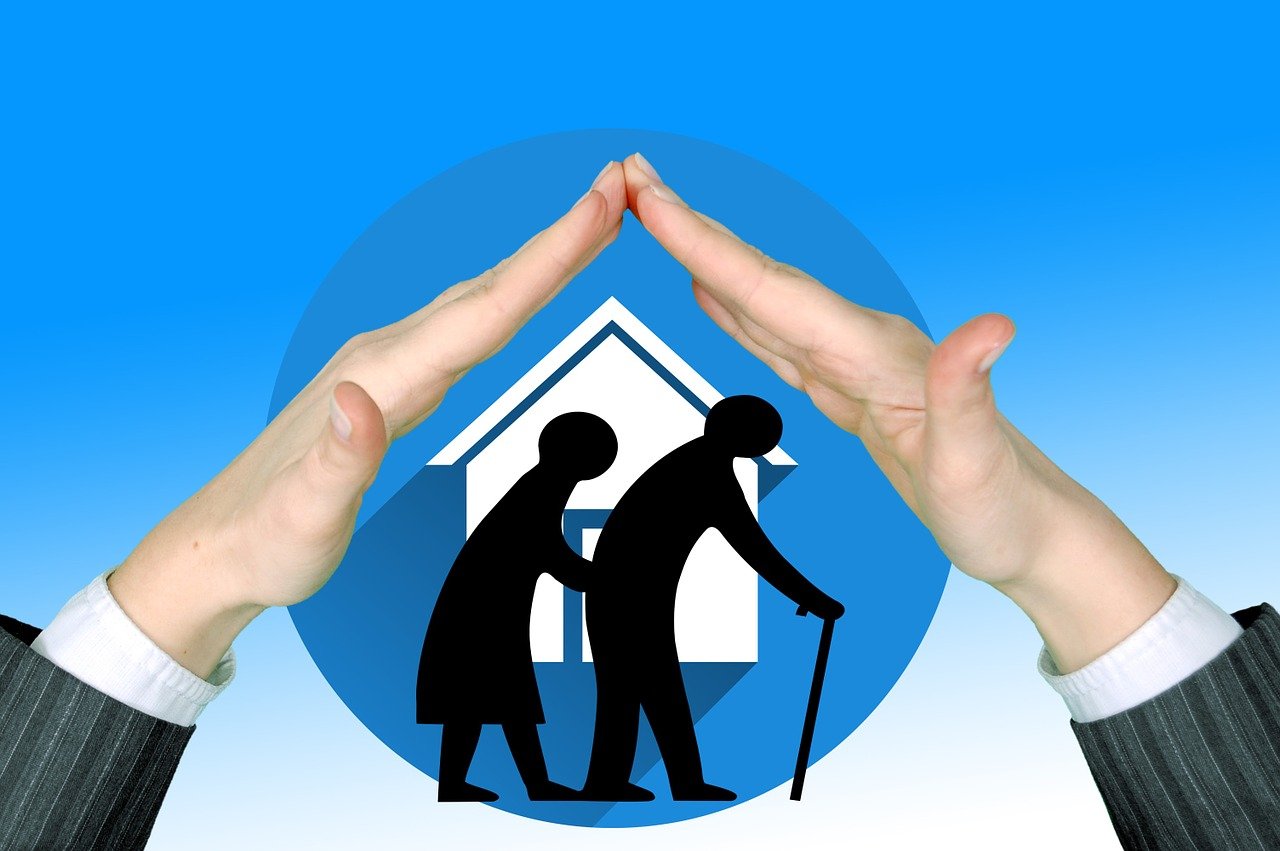新型冠状肺炎疫情用英语怎么说呢(新型冠状肺炎疫情用英语怎么说呢怎么写)
Introduction
The world has been reshaped in unimaginable ways by the global pandemic known as COVID-19, or the novel coronaviral infection. This unprecedented health crisis has not only reshaped our understanding of infectious diseases but has also triggered a series of economic, social, and political repercussions that have challenged the very fabric of global society. This article explores the multifaceted impact of the COVID-19 pandemic, from its initial outbreak to the present, examining its effects on public health, economies, social structures, and international cooperation. It further delves into the measures taken by governments worldwide to mitigate its effects and discusses the ongoing quest for resilience in the face of such global challenges.
The Genesis and Spread of COVID-19
The COVID-19 pandemic originated in late 2019, with the first reported cases in Wuhan, China. Initially labeled a "novel coronavirus" due to its unique genetic sequence, the virus quickly spread across China and eventually the globe, reaching every continent within a matter of months. Its rapid international spread was fueled by global interconnectedness, with international travel and trade facilitating the transfer of the virus across borders.
The World Health Organization (WHO) declared the outbreak a Public Health Emergency of International Concern (PHEIC) on January 30th, 2020, and later reclassified it as a pandemic on March 11th, 2020. This designation underscored the gravity of the situation and underscored the need for coordinated global action.
The Health Crisis
The primary impact of COVID-19 has been on public health. The virus has a high rate of transmission, with individuals infected showing varying degrees of severity from asymptomatic to critical illness. The most vulnerable populations include the elderly and those with underlying health conditions. The pandemic has overwhelmed healthcare systems in many countries, leading to a shortage of medical supplies such as personal protective equipment (PPE) and ventilators.
The pandemic's impact on healthcare workers has been particularly devastating. Frontline workers have faced immense pressure, long hours, and an increased risk of infection. Many have fallen ill or lost their lives in the line of duty. This has highlighted the need for better support systems and recognition for healthcare professionals during public health crises.

The Economic Fallout
The economic impact of COVID-19 has been severe and widespread. Lockdowns and travel restrictions have led to a collapse in demand for goods and services, particularly in sectors such as tourism, hospitality, and aviation. Many businesses have struggled to stay afloat, with some forced to close permanently. Unemployment rates have soared globally, with millions losing their jobs.
The pandemic has also had a significant impact on supply chains. Disruptions in manufacturing and transportation have led to shortages of essential goods and services. Governments have implemented various measures to support businesses and cushion the economic blow, including stimulus packages and loan guarantees. However, the full recovery from these economic setbacks will be a long and challenging process.
Social and Psychological Impacts
The pandemic has also had profound social and psychological impacts. Lockdowns have disrupted daily life, leading to feelings of isolation, anxiety, and depression among individuals. The stigma surrounding the virus has led to discrimination against those infected or perceived to be at risk. Mental health services have been strained, with many individuals unable to access the support they need.
The pandemic has also highlighted inequalities within society. Vulnerable populations such as low-income families, the homeless, and immigrants have been disproportionately affected by the crisis. Access to basic necessities such as food and healthcare has been a challenge for many. This has underscored the need for more equitable distribution of resources during times of crisis.

International Cooperation and Response
The COVID-19 pandemic has underscored the importance of international cooperation in addressing global health crises. Governments, international organizations, and private sectors have collaborated to share information, resources, and technology to combat the virus. The WHO has played a pivotal role in coordinating the global response, providing guidance and support to member states.
However, the pandemic has also revealed shortcomings in global cooperation. The initial response was criticized for being slow and uncoordinated, with some countries initially reluctant to share information or implement travel restrictions. This has highlighted the need for improved communication and coordination between nations during future public health emergencies.
Mitigation Measures and Resilience Building
To mitigate the impact of COVID-19, governments have implemented various measures including lockdowns, social distancing, mask mandates, and vaccination campaigns. These measures have helped to slow the spread of the virus but have come at significant economic and social costs. As countries begin to reopen and resume normal activities, there is a focus on building resilience to future pandemics.

Resilience-building involves strengthening healthcare systems, improving public health infrastructure, enhancing surveillance systems for emerging diseases, and promoting research and development of new treatments and vaccines. It also involves addressing social inequalities that can exacerbate the impact of pandemics.
Conclusion
The COVID-19 pandemic has had far-reaching impacts on global society, from public health to economies and social structures. It has underscored the importance of international cooperation in addressing global health crises but has also revealed shortcomings in current systems. As we move forward, there is a need for continued collaboration, innovation, and investment in resilience-building to prepare for future challenges. The lessons learned from this pandemic will be crucial in shaping a more resilient and equitable world for generations to come.





还没有评论,来说两句吧...